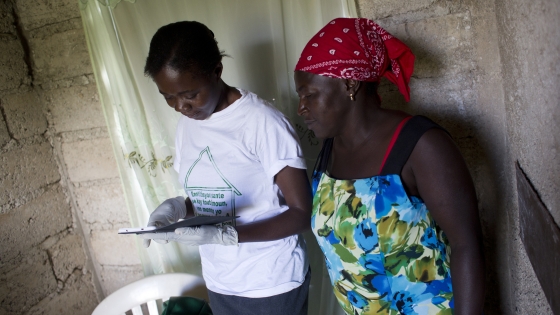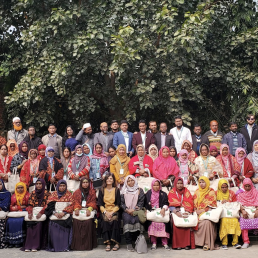Survey Methodology
Innovation in Survey Methodology
We work to optimize the use of digital web and phone surveys, aiming to ensure the representation of marginalized groups. Using micro-trials and other iterative digital assessment strategies can ethically engage participants who are often distracted and deluged with increasing digital traffic.
Our faculty is at the forefront of developing and improving methods to strengthen the use of digital surveys (e.g., web and phone surveys) across health areas globally. Examples of our work take an equity lens to actively problem-solve issues of inclusivity and digital divide in health surveys.

Relevant Projects
Data4Health Initiative: Improving the performance of mobile phone surveys for NCD risk factors
This project investigates the performance of mobile phone surveys aiming to collect noncommunicable disease risk factors in low- and middle-income countries. Our research in Bangladesh and Uganda found several variables that affect response rates, including airtime incentives, message framing, and the gender of the speaker recording the survey introduction.

RAMMPS: Rapid Mortality Mobile Phone Surveys
Our faculty is spearheading RaMMPS Bangladesh which aims to use mobile phone-based interview methods to validate and quantify reports of mortality and pregnancy loss in Bangladesh. The study leverages the strengths of two in-country institutions, The JiVitA Project and the Institute for Epidemiology and Disease Control Research (IEDCR) to implement this work.
